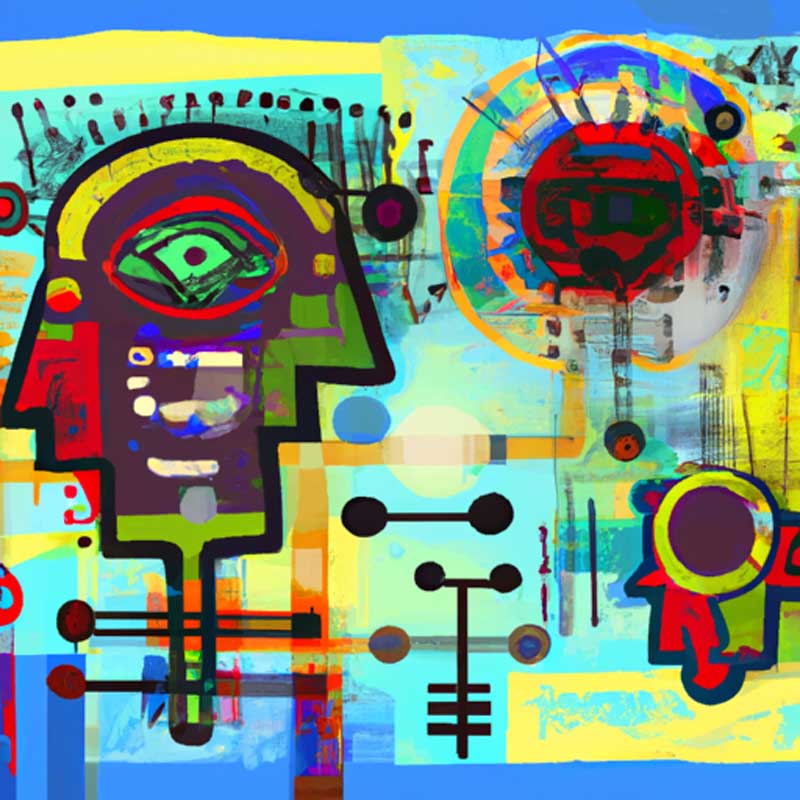TLDR:
Key points:
- Street magician Paul Carpenter created a fake AI audio of President Biden for a robocall in New Hampshire.
- Carpenter was hired by a political consultant working for Rep. Dean Phillips’ campaign, but Phillips’ campaign denies knowledge of the robocall.
How a Magician Who Has Never Voted Found Himself at the Center of an AI Political Scandal
In a bizarre turn of events, street magician Paul Carpenter, who has never voted and has a world record in fork bending, was revealed to be the creator of an AI-generated robocall imitating President Joe Biden’s voice. Carpenter was hired by a political consultant working for Rep. Dean Phillips, a Democratic candidate challenging Biden. The robocall urged Democrats to skip voting in the New Hampshire primary, leading to law enforcement investigations and concerns about AI’s influence on American politics.
The origin of the robocall, which used AI to imitate a US president for the first time, has been a subject of debate, with New Hampshire’s attorney general launching a criminal investigation and US law enforcement monitoring the incident for potential federal crimes. The political consultant, Steve Kramer, who hired Carpenter, declined to comment, and Phillips’ campaign distanced itself from him.
Carpenter, a magician and hypnotist, stated that he did not know how the audio would be used and expressed regret that his work might have prevented people from voting. He claimed he was unaware of the political implications of his actions and assumed Kramer was working for Biden. The incident highlights the ease with which AI tools can influence politics and suppress votes, raising concerns about the integrity of elections.
Despite Carpenter’s eccentric nature and unconventional background, he emphasized that he did not intend to impact the election with his AI creations. As the investigation unfolds, the case serves as a cautionary tale about the democratization of technology and its potential to disrupt democratic processes.
